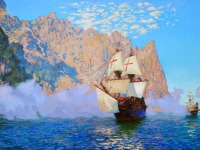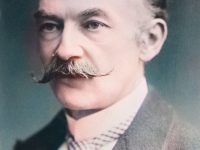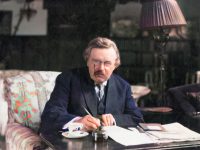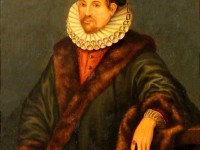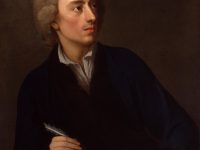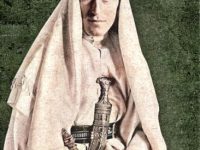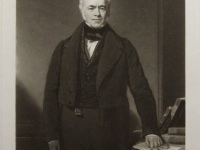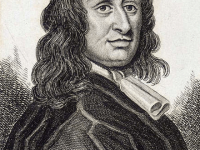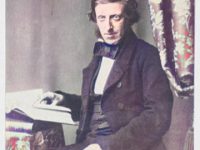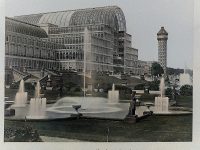Sir Francis Drake’s discovery of Nova Albion
On June 17, 1579, English explorer Sir Francis Drake raised a claim for a new land that he thought he had discovered during his circumnavigation of the world and named it “Nova Albion“. But he was not the first. Already in 1542, Spanish conquistador Juan Rodríguez Cabrillo had landed there and raised a claim for the Spanish crown. He founded a place he called San Miguel, later renamed to San Diego. But,…
Read more

